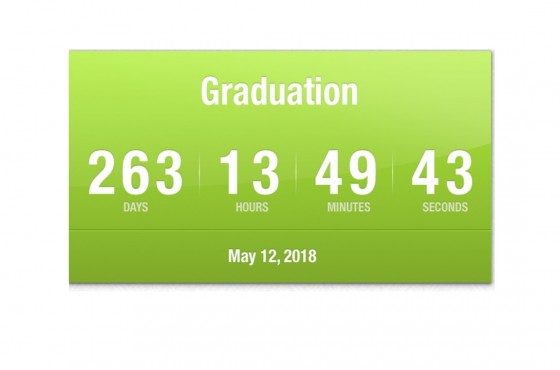10 things your resume is probably missing—that recruiters definitely want to see
Happy to have contributed to this article….
Your resume needs to have the nuts and bolts covered before you can expect a call for an interview.

You wouldn’t show up to a job interview half dressed or wearing last decade’s fashion choices—we hope not at least!—so why send out a resume that’s missing the fundamentals?
Recruiters spend about six seconds checking out your resume, so that little piece of paper needs to stop them in their tracks. We asked career experts what they consider the absolute must-haves for recent grad resumes—and what your resume is likely lacking if you’re still not getting a callback. So before you hit “send” on your next batch of job applications, make sure you’re steering clear of these 10 eerily common resume mistakes.
You’re missing a summary section
“You want to show right out of the gate why you’re the right hire,” says Dawn Bugni, a professional resume writer in Atkinson, North Carolina. And no, that doesn’t mean an old fashioned objective statement. If you’ve got one of those, press delete—fast.
If you’re leading with an objective, you’re living in the dark ages, Bugni says. Instead, summarize in two to three sentences why you’re the ideal candidate—and use language from the job posting to show that you’ve tailored your resume (even if you only change a few words). Since some employers don’t require a cover letter, your resume—and the summary in particular—must be able to stand on its own.
You’re missing metrics
Hiring managers love seeing quantifiable achievements, says Jane Horowitz, founder of More Than a Resume. Use hard numbers to highlight your accomplishments; for example, if you were the treasurer of your fraternity or sorority, state that you managed $20,000 in funds for a 50-person organization. Do the same for internship experience (e.g., “facilitated the introduction of 12 new products that generated $100,000 in sales”).
You’re missing college coursework
If you’re fresh out of school, it’s OK to include college courses on your resume, but they need to be relevant—meaning the subject directly relates to the job opening. But rather than simply listing the course title (Economics 101), talk about the skills or knowledge that you gained from a particular assignment (e.g., “wrote a 20-page paper on how mobile technology is changing the stock market”).
You’re missing volunteer experience
Volunteer experience says something positive about you as a person. “It tells employers that you’re not just focused on making money,” says Wendy Enelow, co-author of Modernize Your Resume: Get Noticed…Get Hired. However, Enelow recommends staying away from religious or political volunteer work, since it may not align with the hiring manager’s views. A better approach: “You can say that you volunteered at a children’s healthcare clinic in South America without mentioning that it was a Christian mission trip,” she says.
You’re missing a splash of color
Use color to make your resume unique, but exercise restraint, advises Jorli Peña, founder at SweetResumes.com. “A black and white resume with one or two accent colors is simple and elegant,” Peña says. You might even take a cue from your prospective employer’s brand and use the company’s colors in your resume; “it’s subtle but effective,” Horowitz says.
You’re missing an interesting font
Want to grab a hiring manager’s attention? Forget about using Times New Roman. “It’s a plain Jane font that won’t make your resume stand out,” says Enelow, who recommends using Calibri, Cambria, Bookman, Palatino, Takoma, or Verdana—all of which are standard typefaces (meaning they’ll translate well between operating systems).
You’re missing hyperlinks
Your email address, LinkedIn profile and personal website or online portfolio should be one click away, says Horowitz. Also, consider including links to your social media accounts if they’re relevant. “If you work in graphic design, your Pinterest page might be of interest to a hiring manager,” says Enelow.
You’re missing your GPA
If you graduated with a strong GPA (think 3.7 or above), you might want to include it in your resume—at least when you’re applying for your first job. But you want to base your decision on the job description, says Bugni; in other words, if the job posting says that you need a minimum GPA, include it.
If there’s no requirement, you could state in your resume that you graduated with honors. “If you graduated summa cum laude or Phi Beta Kappa, that’s impressive to an employer,” Peña says.
You’re missing white space
When you’re a recent college graduate—or have limited work experience—your resume should be no longer than one page. And while it might be tempting to squeeze in every little detail about your internship experience, “a resume that’s jam-packed with text is visually intimidating,” Peña says. Therefore, leave some white space on the page.
You’re missing life experiences
To clarify: We’re not talking about your hobbies or interests—we’re talking about personal experiences that make you more valuable (or interesting) to prospective employers. If you studied abroad in a country where you didn’t speak the native language but learned how to adapt, that shows you’re a problem solver—a plus in every hiring manager’s book. “Hiring managers want to connect with potential hires on a personal level,” says Peña.


